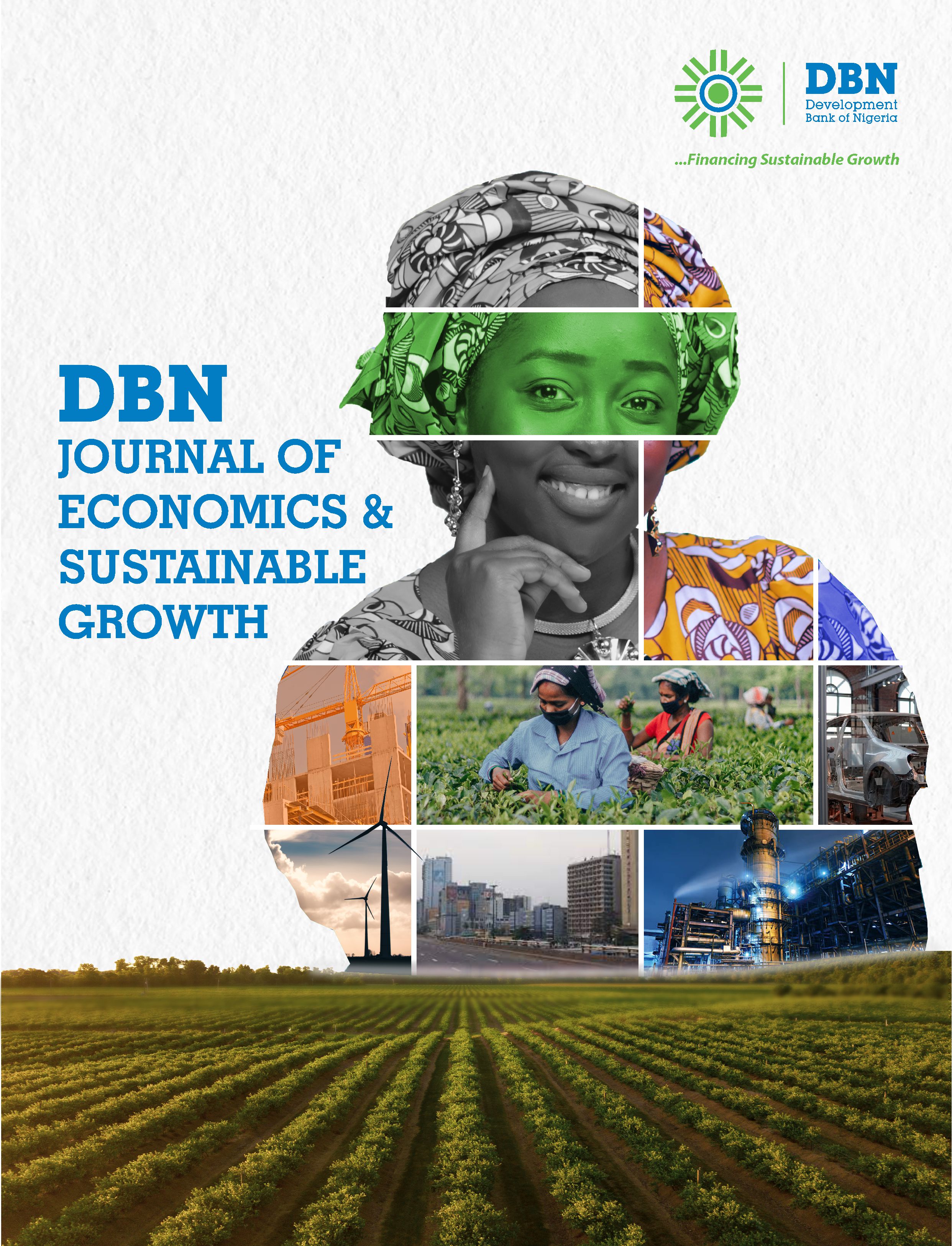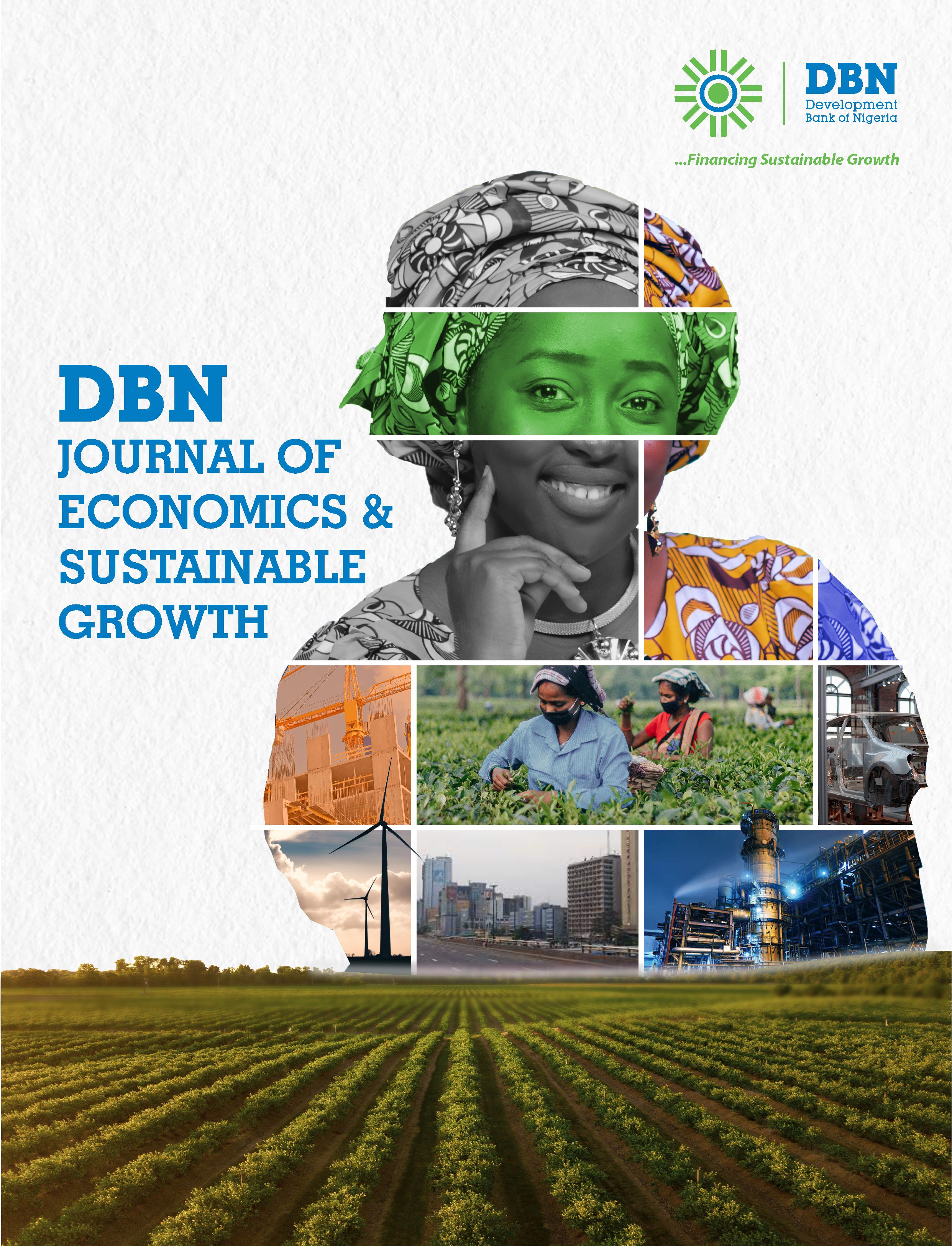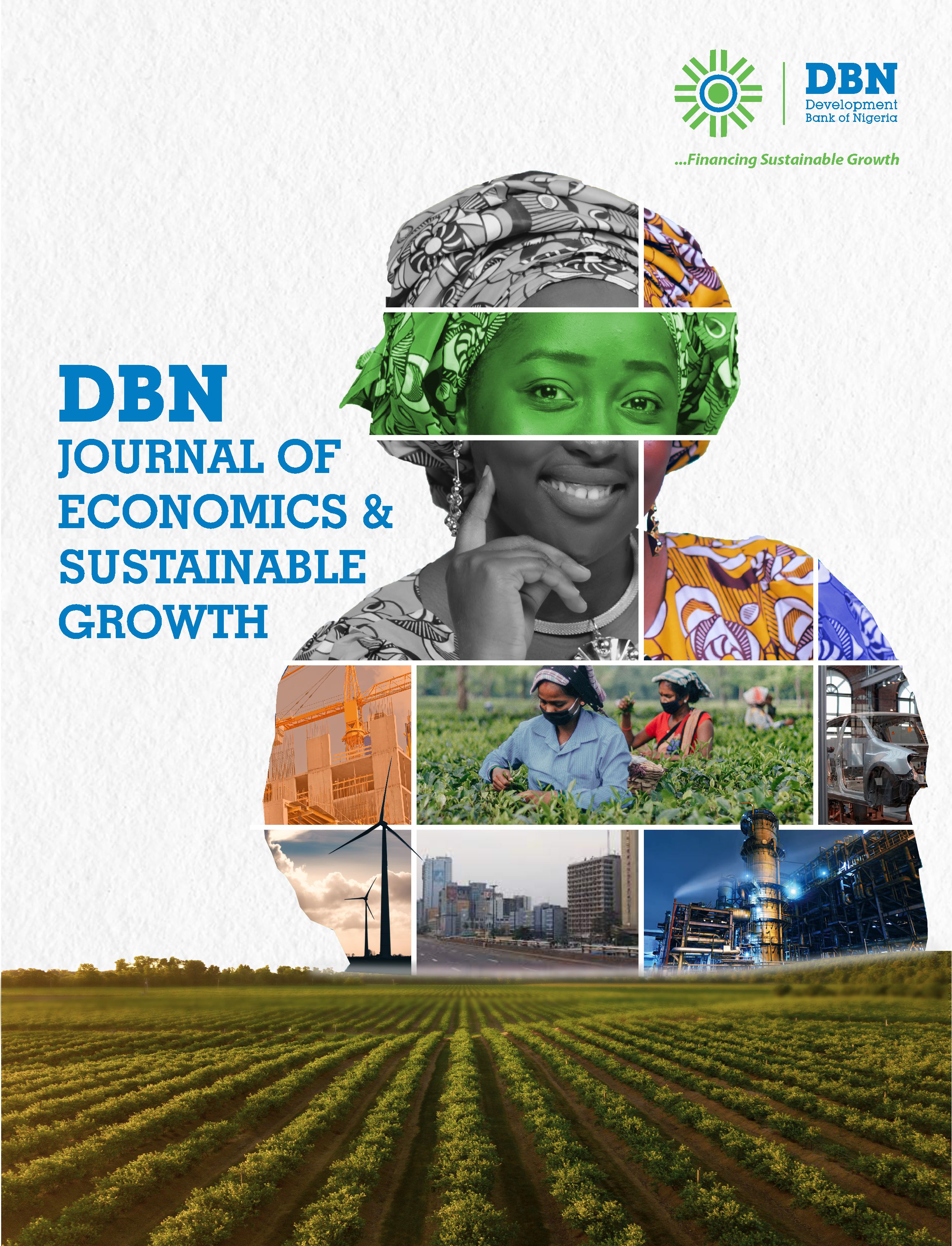
Publication Information
Published by: Admin
Published: 1 year ago
View: 323
Pages: 22
ISBN:
Abstract
The study investigates the alleviation of financial constraints, the synergy between financial inclusion and household welfare in Nigeria from 1990 to 2022. Annual time series data used in the research were obtained from Central Bank of Nigeria (CBN) Statistical Bulletin, and World Development Indicator (WDI). Utilizing an Autoregressive Distributed Lag (ARDL) regression technique, the study specifically examines the effect of deposit, and loan to commercial banks on household welfare in Nigeria. Also, examined is the effect of credit to private sector on household welfare. In doing these, the study employed a range of financial inclusion indicators, including loans to rural branches of commercial banks, deposits of rural branches of commercial banks, credit to private sector, loans to agricultural sector; and measuring household welfare with per capita income. The result of the findings reveals that lending to rural branches of commercial banks is statistically significant with household welfare in Nigeria. Also, the deposits of rural branches of commercial banks does not have a significant impact on household welfare in Nigeria both in the long run and short run, while credit to private sector and loans to agricultural sector exhibits a positive and significant relationship with household welfare in Nigeria. Amidst this, the study recommended the need for improved financial services access in rural areas through initiatives such as more branches, microfinance, and financial literacy programs. Also, monitoring loan default risks, and addressing the negative effect of private sector credit by creating a conducive business environment and implementing targeted credit guarantee schemes to stimulate private sector growth and enhance household welfare. Lastly, boosting agricultural sector financing via increased loans, subsidies, and infrastructure investment can elevate agricultural productivity and overall household welfare.
Peter C. Achia
Arume Tsekiri
Related Publications

VOLUME 6 ISSUE 1 2024
Entrepreneurial attitudes and intentions in higher education students in Nigeria

VOLUME 6 ISSUE 1 2024
Alleviating Financial Constraints: The Synergy Between Financial Inclusion and Household Welfare in Nigeria

